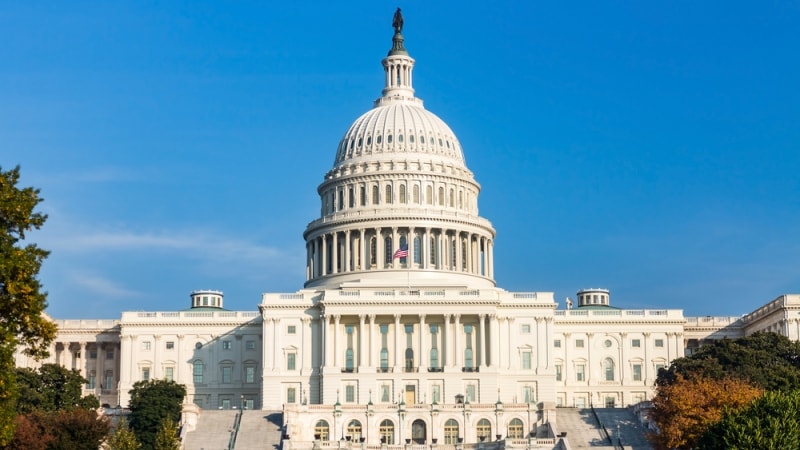
After two days of floor debate, the House of Representatives on July 21 approved its version of the National Defense Authorization Act (NDAA) for Fiscal Year 2021, by a vote of 295 to 125.
The Senate is continuing debate on its version of the NDAA this week, with a vote possible before the end of the week. Differences in the two bills will then be resolved through a House- Senate conference committee. “It could be November before we actually end up passing this bill,” said Senate Armed Services Committee Chairman Jim Inhofe, R-Okla., during a July 2 floor speech, discussing the conference process.
The Trump administration praised major aspects of the House bill including proposed Defense Department (DoD) funding levels, but nonetheless issued a threat to veto the measure. Major White House objections include provisions in the bill that would require the renaming of some military institutions, impose restrictions on Afghanistan conflict funding, and “otherwise constrain the President’s authority to protect certain national security interests.” The White House said it looked forward to working out those differences with Congress.

This year’s House NDAA, H.R. 6395, includes a number of cyber and tech provisions, including legislation to codify the FedRAMP program, allow the Department of Homeland Security’s Cybersecurity and Infrastructure Security Agency (CISA) to issue administrative subpoenas to internet service providers (ISPs), and add more checks on the Department of Defense’s cyber hygiene.
“At this pivotal moment in our nation’s history, and in an increasingly divisive political climate, for the 60th consecutive year the Congress has proven that our constitutional obligation to ‘provide for the common defense’ is far more important than politics,” said House Armed Services Committee Chairman Adam Smith, D-Wash., in a statement after the bill’s passage.
The Senate’s version of the bill has a number of similar provisions such as the CISA administrative subpoena power, along with others not in the House bill such as legislation to push for Open RAN technologies. The Cyberspace Solarium Commission has over a dozen of its recommendations in each bill.
Last year’s National Defense Authorization Act was not signed into law until December 20.
